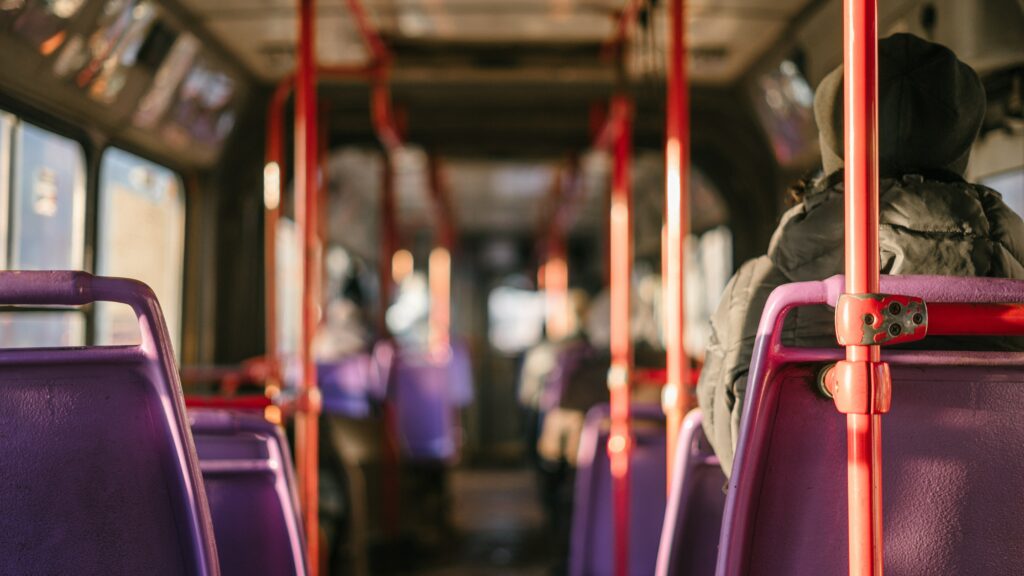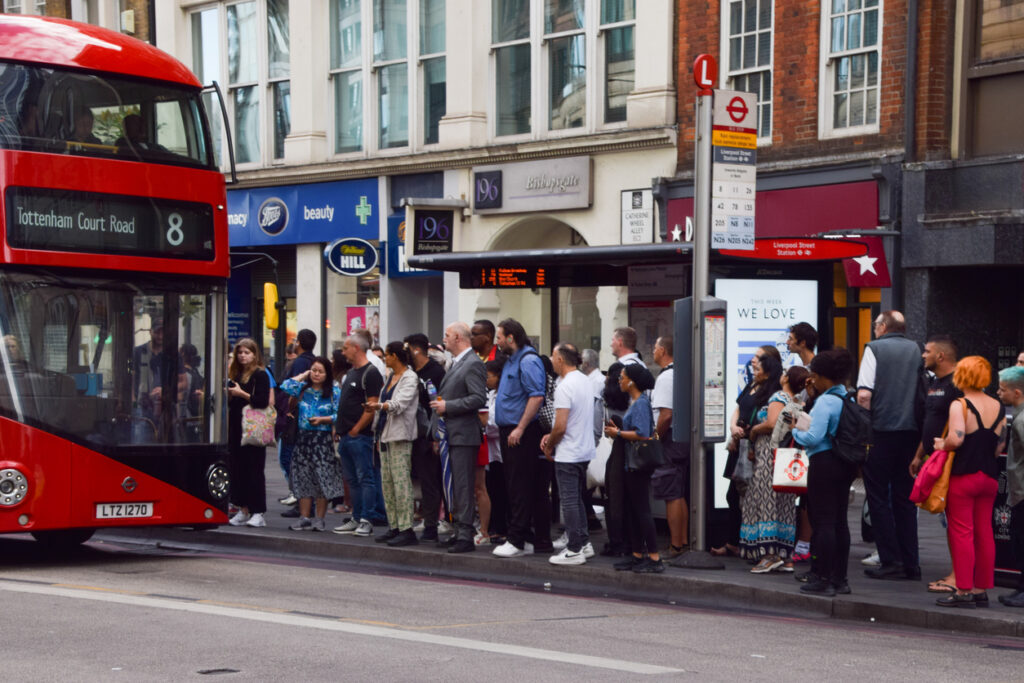Reflections on the tackling loneliness through community transport project

Community transport is a life line for people who are socially isolated and experiencing loneliness. In this blog post, Sean Ray and Nicky Newham discuss how the Community Transport Association funded 18 pilot projects across England to build an evidence base for how community transport helps communities that are disproportionately affected by loneliness.

Sean Ray, Tackling Loneliness Project Coordinator
“For just over a year, the Community Transport Association (CTA) has supported 18 pilots through the Tackling Loneliness through Community Transport project to develop an evidence base for how transport policies can reduce the number of lonely people in communities across England.
As we come to the latter stages of this project, reflecting on the experience of overseeing such an exciting and innovative funding project has been worthwhile.
The pilots have shown us what can be done to enhance and develop Community Transport’s knowledge within this subject area and we are pleased that the project gave the opportunity, both for CTA and the pilot project operators, to contribute towards resources and further learning that will benefit our membership as a whole.
As part of this, the operators worked with the Grants + model, and we were able to share that journey with each pilot as they developed their project. We gave additional support from CTA’s tackling loneliness staff to facilitate peer-to-peer training and regular 1-2-1s and provided the operators with practical organisational development and project support. This part of the project allowed us to build our understanding of what the pilots hoped to achieve and meant that we could see the positive effects of the work in their communities in real-time.
The pilots also completed data monitoring and baseline/ follow-up surveys with their beneficiaries to establish the impact and benefit of their service on individuals’ feelings of loneliness and isolation. They also answered specific questions about how they would identify and support those at risk of isolation and loneliness. We collated all the responses to produce a resource document highlighting some of these things and providing practical suggestions for supporting community transport service users. The pilot results showed how important the data collected from the tackling loneliness project will be for the sector to build on and develop additional work in this area.
It’s been a fantastic journey to be part of, and whilst this project is ending, the legacy learning and the knowledge gained will be a massive part of CTA’s future work.”
Nicky Newman, Tackling Loneliness Project Administrator
“I came into the project once all of the funding was in place, and the pilots had been brought on board – when I looked through the profile for each of them, I was amazed by how many different communities and people they supported with their services.
Like many people with no background in or experience with community transport, I assumed the sector only catered to older people who could not get out to medical appointments and do their shopping
The diversity of people the project has covered is impressive. While there is a significant community of older adults, particularly those with long-term health conditions and disabilities, there are also veterans, the visually impaired, volunteers – young and old, disabled younger people, refugees, asylum seekers and those racially disadvantaged living in hostels and hotels, as well as foreign communities and those living in rural communities.
No matter their age, ability or background, they all had one thing in common – they were potentially lonely or unable to access mainstream transport for one reason or another. One of the things that stood out for me was the number of people affected by the Covid pandemic battling anxiety and lacking the confidence to go out. In the case of young people, the deficit of socialisation skills.
Working on this project has been quite an eye-opener and a humbling experience. Aside from all the statistical data we’ve collected from the pilots, the case studies shared show anecdotal evidence of these pilots’ impact on people– a testament to all their fantastic work, often in challenging circumstances.
These pilots have connected people with their families, facilitated new friendships, provided a lifeline to people who have become housebound for various reasons, and provided regular services, activities and trips to get people out and about and connecting. In just ten months, the pilots have supported over 2,300 individuals, and they will continue to provide services to these and many more in the future; as they continue to tackle loneliness through community transport.”
Key findings from the pilot projects
The pilots were actively delivered between August 2022 and April 2023 and included supporting people to access transport, as well as recruiting volunteers to have a role in delivering community transport. During the pilot, 21,143 single trips were undertaken by 2143 passengers to:
- Visit friends or family (4%)
- Attend a health of medical appointment (4%)
- Attend a social club or activity (46%)
- Benefit from a day trip or excursion (37%)
- Purchase shopping (10%)
To measure the impact on loneliness, the project utilised the Office for National Statistics loneliness questions for adults and young people. The pilot data shows that overall, having access to trusted and safe community transport has a positive impact on people’s feelings of isolation, loneliness and companionship. There was a 7.2% reduction in people feeling lonely often or always and 6.2% reduction in people feeling left out often. Download the infographic to access the full data for the project, including a range of trips and activities and the impact of community transport.





It’s great – this is what my colleague in Leeds got up to – even doing a bit of senior spin to encourage active travel when it finally stopped raining
https://www.opforum.org.uk/2023/07/27/travel-connections-far-from-being-alone/